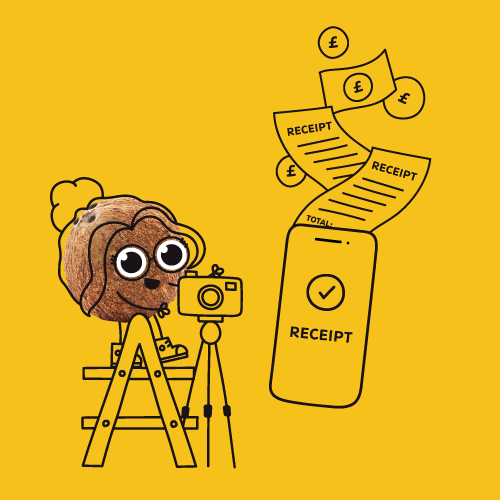There are 2.7m small private landlords in the UK and they reportedly rent out a fifth of all UK dwellings (5.6m homes). On average, small private landlords rent out two properties, but about 14% rent out just one, which provides welcome additional income for many everyday people across the UK.
Some of your clients may be so-called “amateur landlords”. Many might simply need you to complete their annual Self Assessment tax return and occasionally ask you for tax advice. But it’s becoming increasingly difficult for accountants to hang on to their small-landlord clients, who are widely encouraged to take a DIY approach to tax.
Adding real value to the relationships you have with your small-landlord clients can be a good way to ensure their loyalty. They might also be more willing to leave positive reviews about you online and recommend you to others. So, how could you add value to your relationships with your small-landlord clients?
1. Make sure your small-landlord clients are claiming their allowable expenses
Clients will always love you if you can save them money. And relatively small savings here and there can add up to something much more significant, certainly over a year. Many small-landlord clients won’t know the full range of allowable expenses they can claim. You could give them links to sources of reliable information (GOV.UK is a good place to start). Better still, create your own branded allowable expenses content, detailing the full range of tax expenses they can claim, with examples to explain more complex points. You could send information via email as part of your new client onboarding process, not only on allowable expenses, but also other key landlord topics.
2. Communicate more regularly with your small-landlord clients
If you only communicate with your small-landlord clients once a year when you’re doing their tax return, you’re never really going to build up a strong relationship. And how are they going to find out about your other billable services?
If not monthly, aim to be in their thoughts at least each quarter. Sending an email or client e newsletter is a highly cost-effective way to communicate more regularly. You could write to them to tell them about important tax changes or tax deadlines coming up, with your explanation of the implications. Seek to inform and help. If you give free, valuable, regular information, it encourages your small-landlord clients to know, like and trust you, which will help to strengthen your relationship.
3. Be more contactable for your small-landlord clients
Obviously, you don’t want small-landlord clients contacting for free answers to all of their tax-related questions as and when they feel like it. But, if you want to create stronger relationships, clients should know that they can contact you for reliable advice when they really need it. Sometimes this guidance might be given for free, but they should know that in other cases, there will be a suitable fee. They should knowhow best to contact you and you should respond as quickly as possible, because this too adds value to the relationship and can set you apart from other options.
4. Offer a free 20-minute annual review to your small-landlord clients
This doesn’t have to be a face-to-face meeting (although that’s probably the best option). You could do a video meeting or even just a phone call. A free annual review is a great way to find out more about your small-landlord clients and the challenges they face. It shows that you’re interested in them and that you want to help them to maximise their income. You may even find out about other needs that you can help them with. If you can suggest ways for them to save time and money, they’re likely to appreciate it and you, which will strengthen the relationship.
5. Seek honest feedback from your small-landlord clients
What do your small-landlord clients really think about the service they get from you? Delighted? Dissatisfied? You don’t know? Not knowing is risky, because the first sign you may get that they’re unhappy could be when you find out they’ve stopped using you. They may even go online and leave a bad review, which could encourage others to also jump ship or give you a swerve.
You should actively seek feedback on your services from all of your clients. Do it at least once a year. As well as showing that what your customers think matters to you, it also gives you the opportunity to learn valuable lessons and up your game where necessary, which ultimately will also add value to your client relationships. Where there are genuine problems, sort them out as soon as possible. Aim to delight your small-landlord clients.
6. Turn your small landlord clients into Coconut fans
If they’re not already doing so, getting your small-landlord clients to start using Coconut can also add much value to your relationship. Not only will it save you lots of time when providing them with advice or completing their Self Assessment tax returns, but it will also enable them to separate their personal and landlord finances and keep them far better organised. You and they will be able to better track their landlord costs and make sure they claim them all as tax expenses.
Coconut is really simple to use and bank accounts and credit cards from more than 25 UK providers can be connected to it. If you want to streamline the way you work with your sole trader and landlord clients, sign up to our Partner Programme (it’s FREE). You’ll get full access to all of Coconut’s features, as well as discounts on client subscription rates. You’ll also get personalised client onboarding and training support, while a dedicated and experienced Partner Success Specialist will help to ensure that you maximise your Coconut benefits. We’re also always looking for ways to add value to our relationships with accountants like you.











